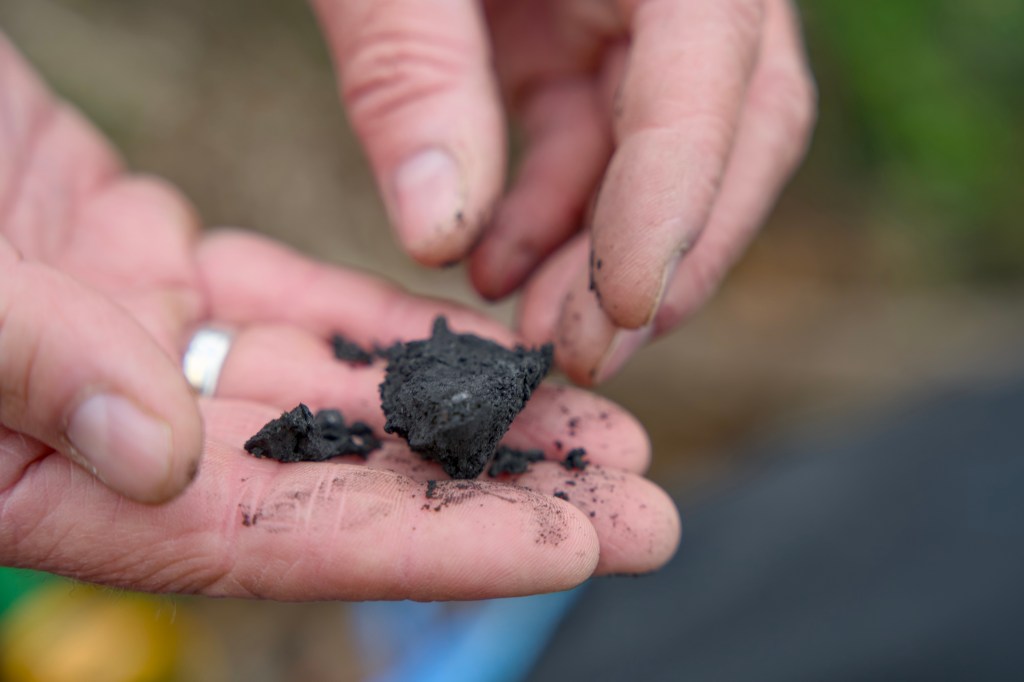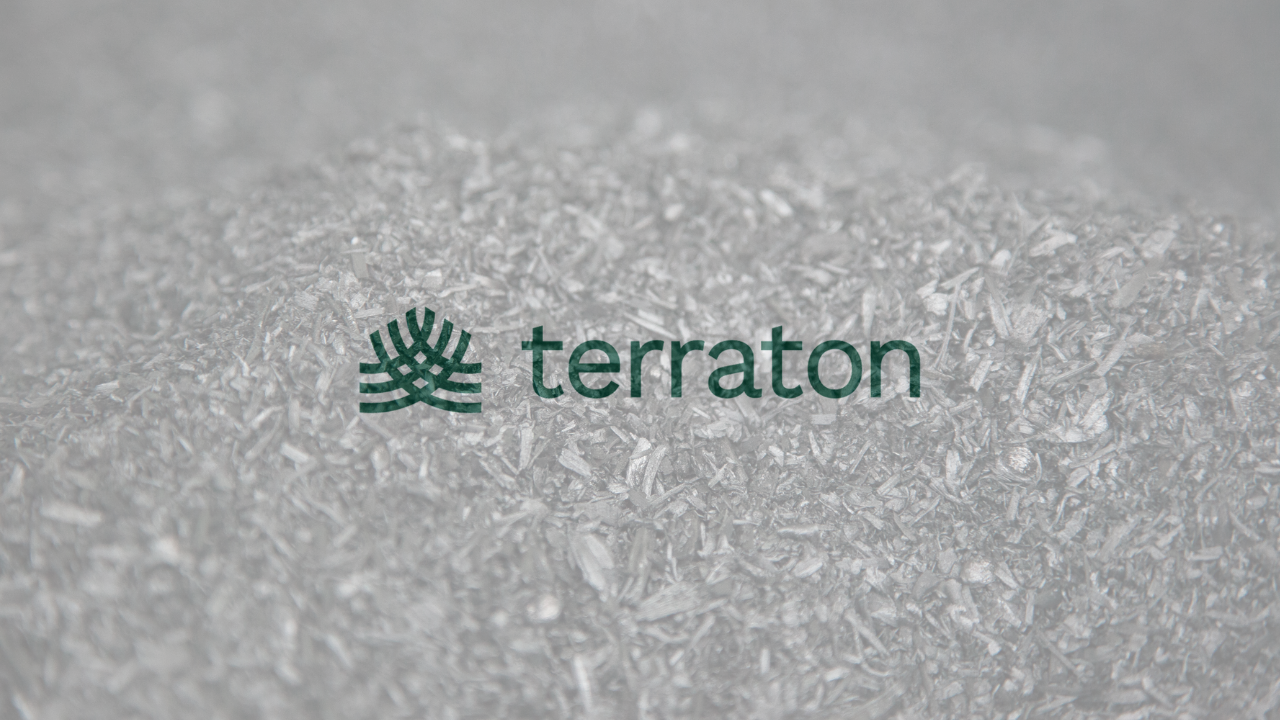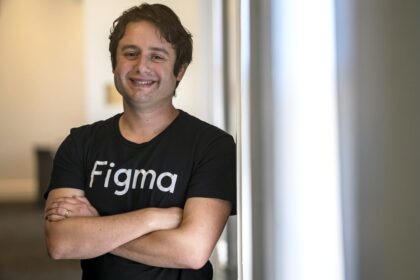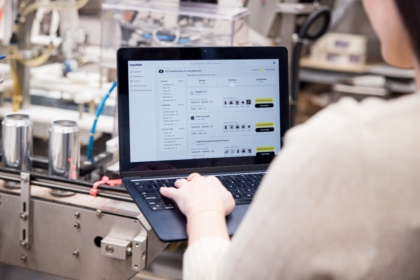If McDonald’s showed the world anything, it’s that scaling a business can be simplified with the right system. By providing franchisees with equipment, marketing, and a clear playbook, the fast-food giant made launching a burger joint accessible.
Terraton now wants to apply that same logic to climate tech. The startup is rolling out a “business-in-a-box” model for biochar, a process that converts agricultural byproducts into a carbon-storing soil enhancer.

Related: Mitti Labs Scales Methane Cutting Tech Through Partnerships
The company has just secured $11.5 million in seed funding, led by Lowercarbon Capital and Gigascale Capital, with participation from ANA Holdings’ ANA Future Frontier Fund, East Japan Railway Company’s Takanawa Gateway Global Co-Benefits Fund, and a group of angels, including Google’s Jeff Dean and OpenAI board member Bret Taylor. “Most people in biochar have only ever built one facility,” said co-founder Greg D’Alesandre. “They don’t get the chance to iterate and scale.”
Terraton’s vision is to help partners stand up initial facilities, then replicate them rapidly with others eager to enter the biochar space. Alongside physical infrastructure, the startup is developing software to operate plants, track and verify carbon removal, and sell credits to corporate buyers.
Biochar production involves burning crop residue in low-oxygen conditions, leaving behind a black carbon-rich material. Mixed into soil, it not only traps carbon for centuries but also improves fertility.
“The science is proven. It works today at a reasonable cost,” said CEO Kevin Gibbs. “The real challenge is supply, there isn’t enough biochar to meet demand. Companies like Microsoft, Google, and Airbus want to buy more, but the market can’t keep up.”
Each biochar plant can lock away about 10,000 metric tons of CO₂ annually, but Gibbs noted that figure is modest compared to the needs of industries like data centers. To address the gap, Terraton has launched two pilot sites: one in Ghana, processing cocoa waste, and another in Kenya, using nut shells. Together, the facilities are projected to remove 20,000 metric tons of carbon a year.
Crucially, the plants are locally owned. “You need operators who already have strong ties with farmers,” Gibbs explained. “When they have ownership, they’re invested in making the project thrive. Our role is to give them everything they need to succeed.”







